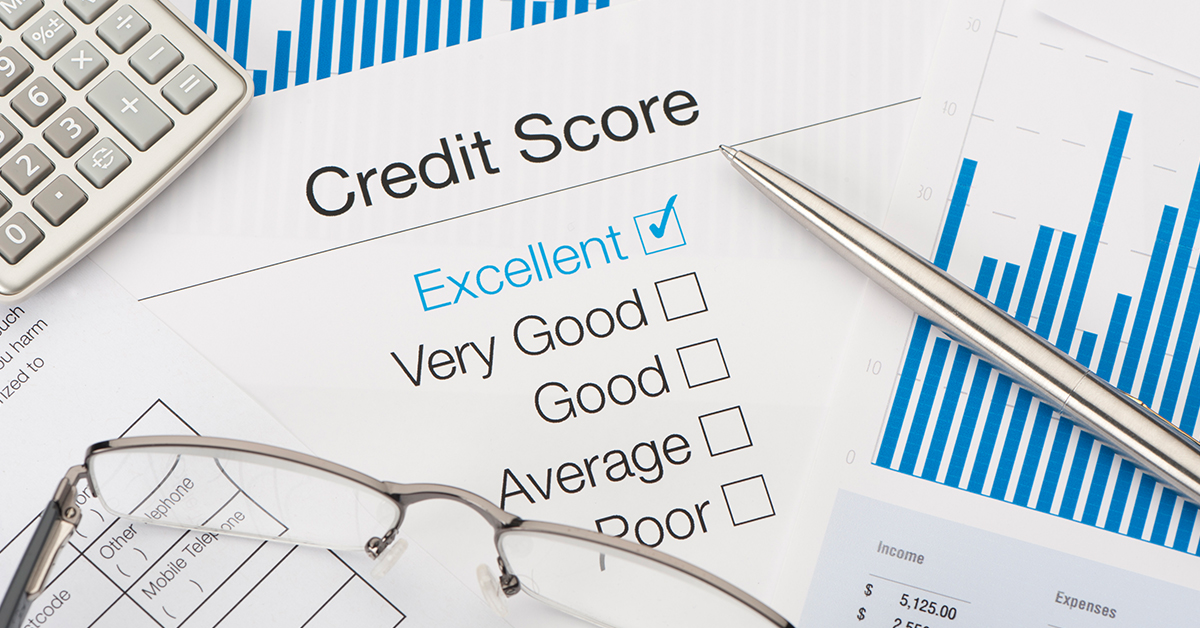
Mar25
Credit Score & Home Buying – The Long Game
Buying a house is a time-consuming process and nothing less than an accomplishment when the deed is done. You might think that you are all set to buy your dream home with careful financial management and essential documents, but you can never be careful enough with all the aspects of getting a loan. We tend to miss out on a lot of factors throughout the whole process. One such thing is the credit score.
But what is a Credit Score you ask?
It is one of the most valuable assets in the home buying process that will help you gain the trust of lenders. The credit score represents your credit profile. It is a number between 300-850 that depicts a borrower’s creditworthiness. The lender (bank in this case) will analyse your credit score and determine whether you are trustworthy enough to be associated with it or not. The higher the credit score, the lowest interest rate it will fetch and reduce the risk of your loan being rejected. The numbers are a mark of trust to the lenders.
How it affects the home buying process?
Pay attention to your credit score even if you are thinking of buying a new house in 2 years. Build your credit score gradually to thrive financially when you have found your dream house. Certain favorable credit scores need to be maintained to get the most out of your home loan depending on your preferred lender. Different lenders can have different credit score margins, effecting your loan approval, interest rate, loan amount, down payment and monthly installments. A good credit score shows the lender that you're likely to repay the loan amount and boosts your chances of a mortgage. Having a bad credit score will get your loan passed at a higher interest rate with added fees or worst your loan request might be subjected to rejection. A bad credit score will cost you more money every month, resulting in a higher loan repay amount.
How to build your credit score?
A credit score is built over some time. There are some habits you can adopt to maintain your credit score:
Provide expenses for temporary living:
- Make all your credit card and loan payments on time.
- Don’t spend more than 30% of your credit limit.
- Make sure all your previous loans are closed.
- Avoid taking too much debt at a time.
- Never close credit accounts even if you don’t use them anymore.
- Apply for a new credit account.
Home buying is a much-awaited milestone in one's life and to keep the process smooth keep a close eye on your credit score and frequently check on its progress.

